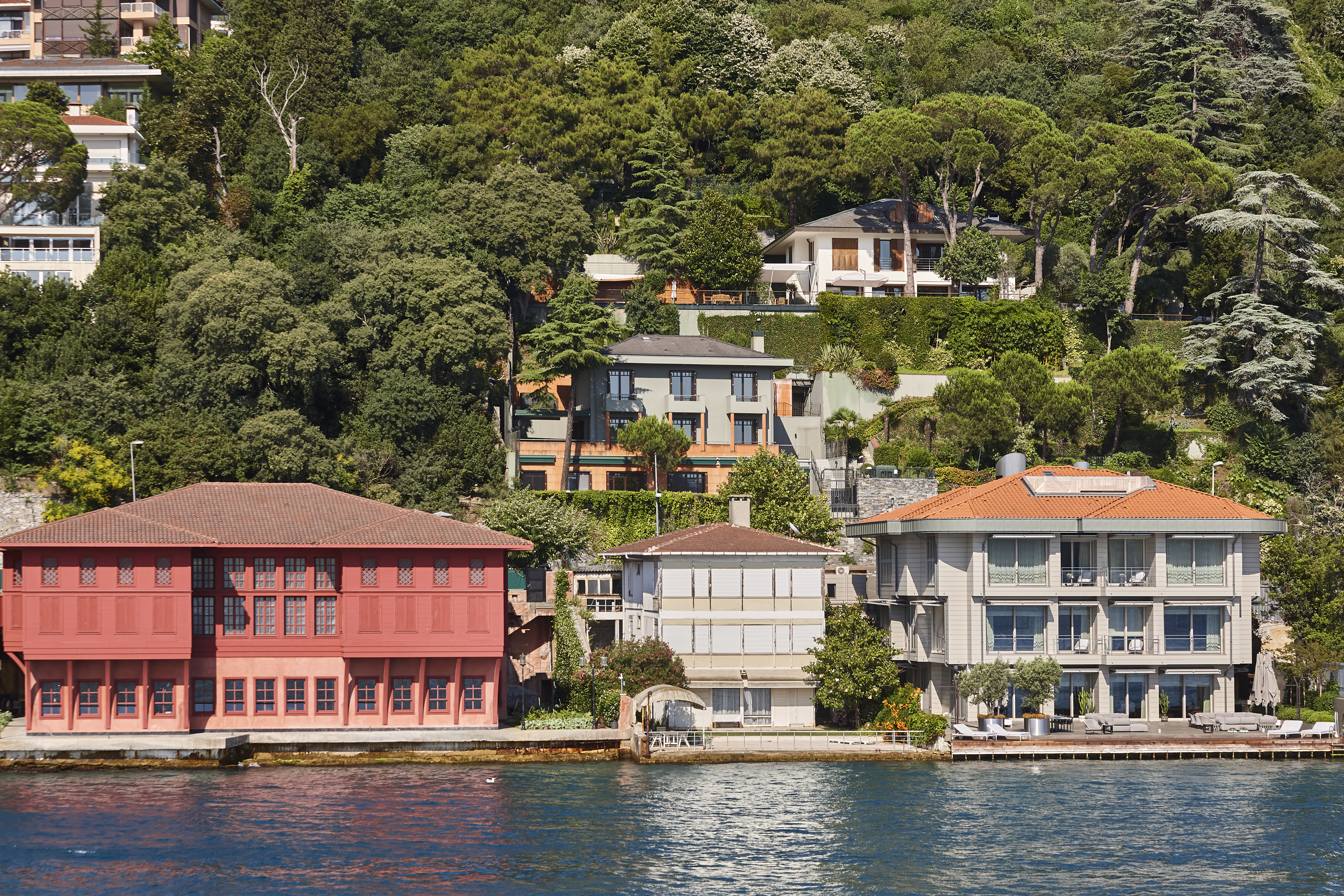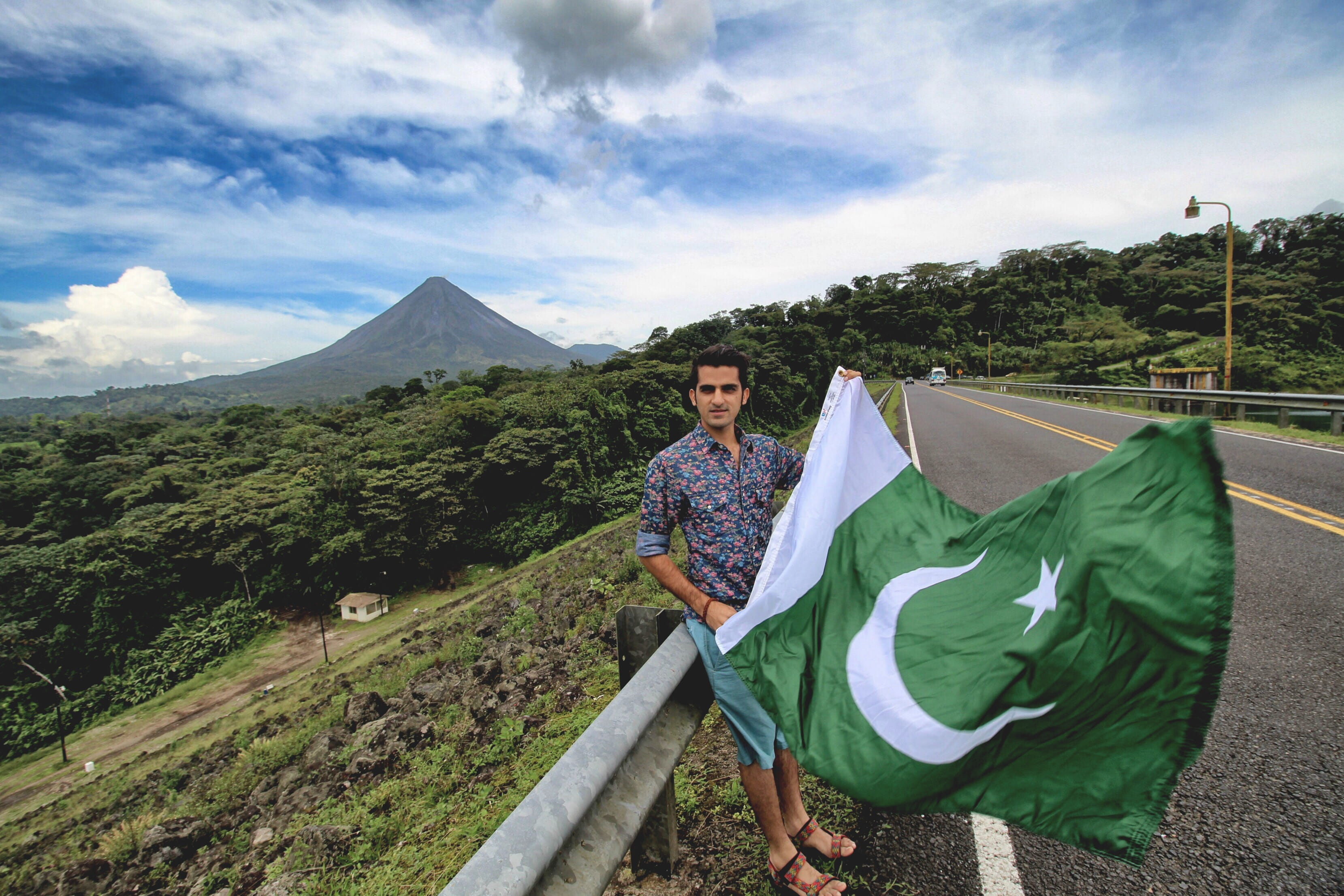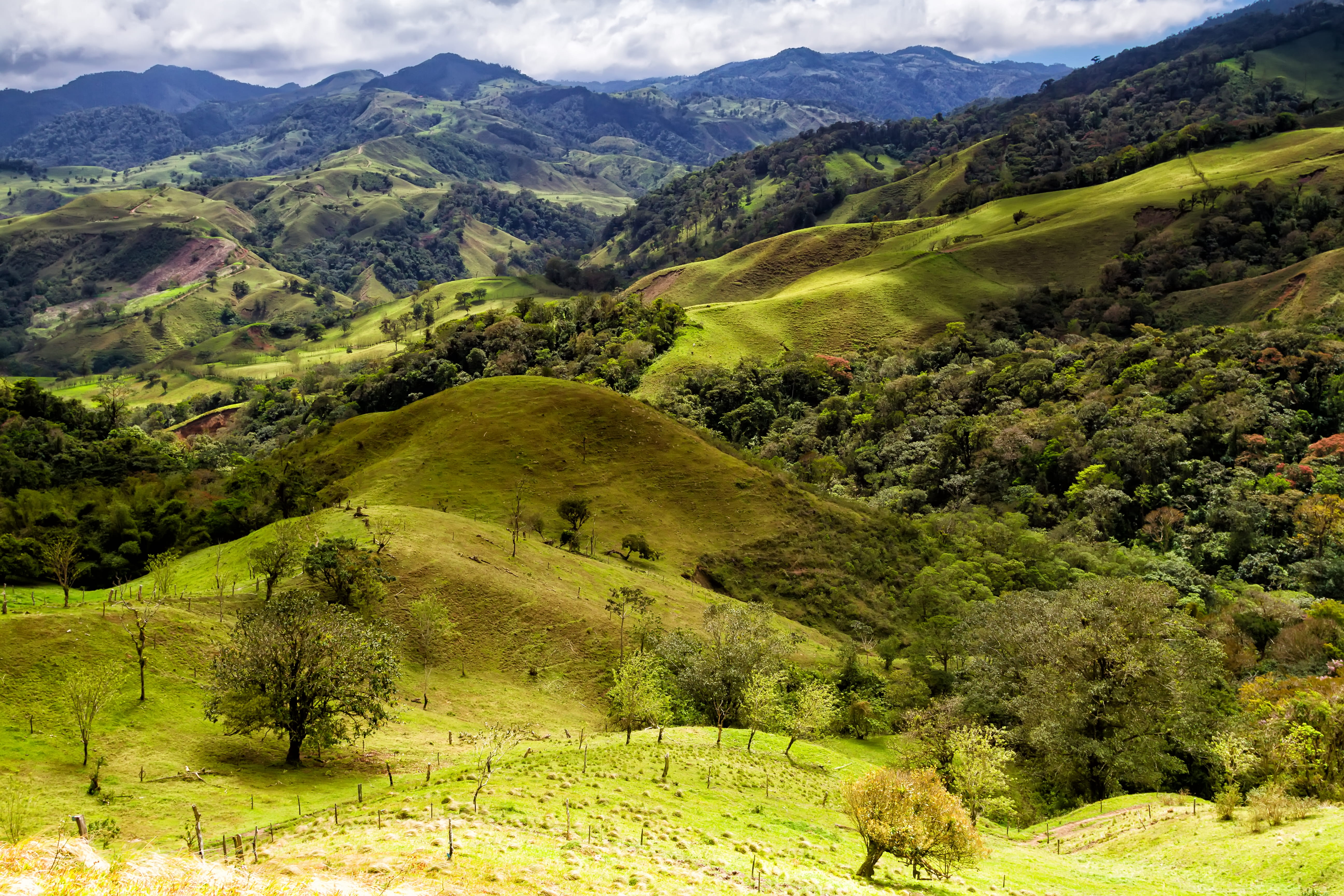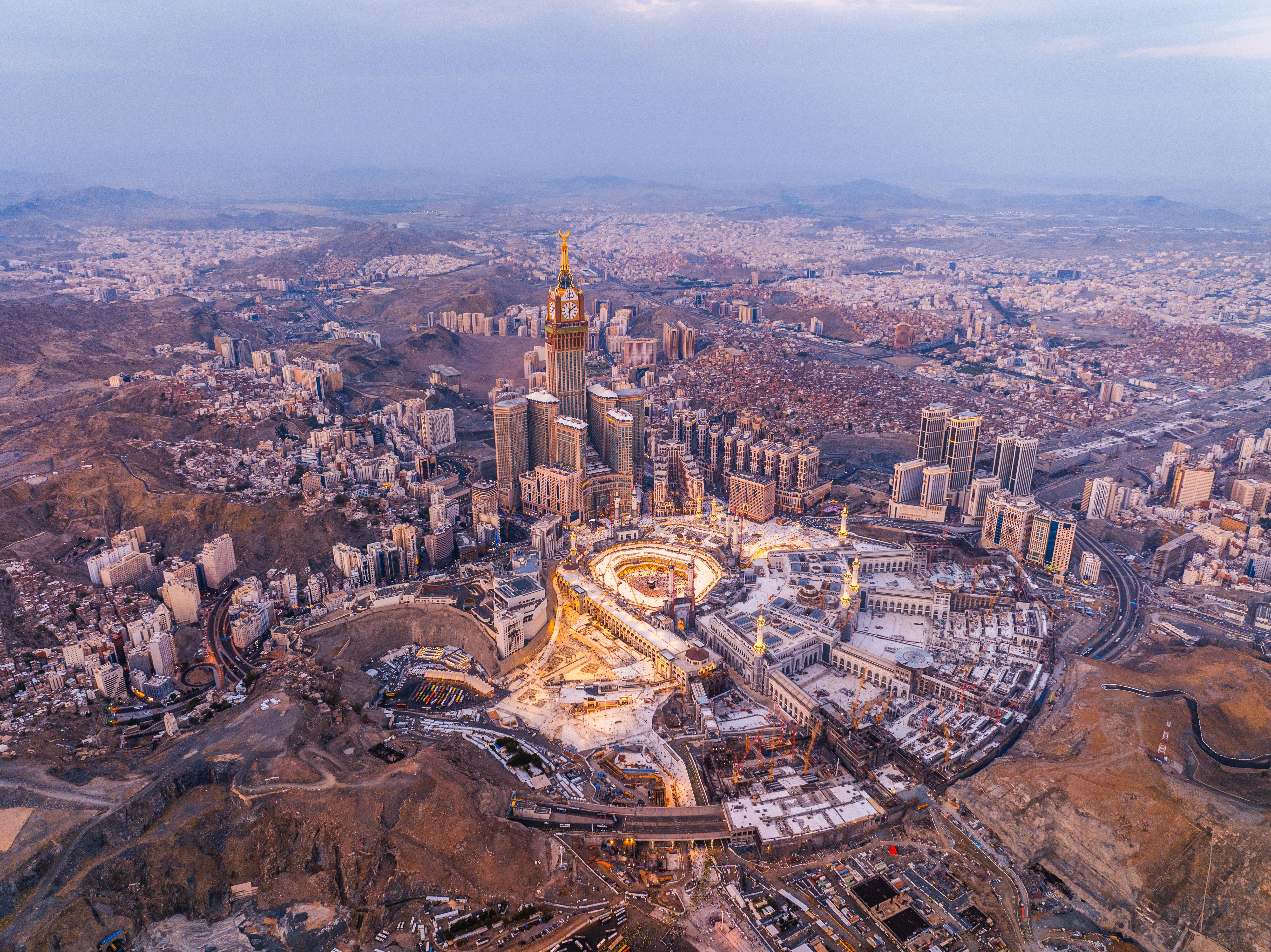Best Winter Holiday Destinations in Turkey: From Skiing Peaks to Sunny Beaches
October 13th 2025
Turkey is a year-round treasure, but winter in this vibrant country holds a special kind of magic. From snow-dusted fairy chimneys and bustling Ottoman bazaars to serene beaches kissed by mild Mediterranean breezes, winter transforms Turkey into an extraordinary blend of adventure, culture, and relaxation.
Whether you seek the thrill of skiing, warm winter sun, or peaceful nature escapes, Turkey offers something unique at every turn in winter.
This guide explores the top winter holiday destinations in Turkey for 2025, combining real experiences, local culture, and practical travel tips. Let’s dive into the amazing cities and regions of Turkey that promise to make your winter holiday truly unforgettable.
Six Must-Visit Places in Turkey to Explore this Winter
1. Istanbul: Where History Warms the Winter Chill
Istanbul, Turkey’s cultural and historical heart, is a year-round enchantment, but winter adds a romantic, cozy layer to this transcontinental city. Imagine wandering ancient streets framed by misty Bosphorus views or warming up with a steaming cup of Turkish tea amidst timeless landmarks.
Winter Highlights in Istanbul
- Historical landmarks such as Aya Sophia and the Blue Mosque shimmer in the soft winter light, and visiting is bliss without the usual summer crowds.
- The Grand Bazaar is a sensory delight in winter. Covered from the cold, it offers the perfect shopping experience for unique Turkish shawls, spices, and souvenirs.
- Sip on hot tea and roasted chestnuts in Sultanahmet Square, an ideal way to soak up the winter atmosphere.
- For quiet reflection, hop on a ferry to the Princes’ Islands, where tranquil streets and snowy landscapes make for peaceful exploration.
Why Visit Istanbul in Winter?
Winter in Istanbul offers accommodation rates up to 60% cheaper than usual, especially in January and February, making a luxurious stay more affordable than ever. The city celebrates the season with gentle festive lights rather than overwhelming crowds, creating an intimate feel. Traveling between the European and Asian sides on a ferry ride is a serene winter treat that reveals Istanbul’s stunning skyline, especially.
2. Bursa & Mount Uludağ: Turkey's Premier Winter Sports Destination
Just a short drive from Istanbul, Bursa, and the adjoining Mount Uludağ mountain range becomes a winter paradise for skiers and snow enthusiasts. Known as the "Green City," Bursa’s snow-covered hills, thermal baths, and rich Ottoman heritage make it a perfect winter getaway.
Top Activities
- Hit the slopes of Mount Uludağ, Turkey’s top ski resort, with modern facilities and runs for all skill levels.
- Take a cable car ride for panoramic views of snow-blanketed Bursa and its surrounding mountains.
- Relax and rejuvenate in Bursa’s renowned thermal baths after an active day in the snow.
- Sample delicious winter delicacies like Iskender Kebab and warm roasted chestnuts in cozy city cafés.
Why Bursa in Winter?
This city offers the ideal fusion of action and relaxation. It is very family-friendly, with activities ranging from skiing to soft thermal experiences. Plus, Bursa’s winter properties often cost 20-50% less than summer prices, allowing budget-conscious travelers to enjoy its charm fully.
3. Antalya: Mild Winters and Coastal Charm
Antalya is famously a summer hotspot, but its mild winters and uncrowded beaches provide an entirely different experience—sunny and peaceful without the summer rush.
Winter Experiences
- Explore the historic Kaleiçi Old Town with its cobbled streets, Ottoman architecture, and quaint cafes.
- Visit the spectacular Düden Waterfalls, resplendent in the relaxing chill of winter.
- Tour ancient ruins such as the Perge and the Aspendos Theatre for a dose of Roman history in serene surroundings.
- Enjoy luxury wellness spas or take tranquil walks on peaceful beaches.
Why Visit Antalya in Winter?
January daytime temperatures hover around 14°C, perfect for outdoor sightseeing, and hotel rates drop significantly—often below €30 per night for quality stays. Antalya’s winter is for relaxing without crowds, revealing a calm coastal charm ideal for travelers seeking a balance between culture and leisure.
4. Ayder: Nature’s Tranquil Winter Escape
Nestled in Turkey’s lush Black Sea region, Ayder delivers a breath of fresh, crisp mountain air and enchanting snowy landscapes.
Winter Wonders in Ayder
- Hike through dense, snow-covered forests offering spectacular winter vistas.
- Soak in natural hot springs, famed for their healing properties.
- Taste local specialties like creamy Muhlama (cheese and cornmeal dish) and honey harvested from the area.
- Witness frozen waterfalls, creating a spectacular winter natural theater.
Why Ayder in Winter?
For lovers of nature and peaceful adventure, Ayder offers tranquility far from the bustle of bigger cities. Winter here means serenity surrounded by untouched beauty, perfect for hiking, photography, and wellness.
5. Erzurum: The Crown Jewel for Ski Lovers
Erzurum is renowned as the heart of Turkey’s winter sports, with its famous Mount Palandöken ski center attracting avid skiers from across the world.
Skiing and More
- Experience skiing on Palandöken’s illuminated slopes, ideal for day and night skiing.
- Visit historical sites like the Stone Madrasa and Lala Mustafa Pasha Mosque to balance sport with culture.
- Sample unique local dishes such as Güveç Kebap and creamy Sütlaç (rice pudding), a perfect comfort food after skiing.
- Try adventurous winter activities, including mountaineering in the snow.
Why Erzurum in Winter?
Erzurum combines thrilling outdoor sports with authentic Anatolian culture. Its ski season is long and reliable, making it a top destination for winter adventurers seeking robust slopes and genuine local experiences.
6. Cappadocia: A Winter Wonderland of Unique Landscapes
Last but not least, Cappadocia’s otherworldly scenery becomes even more magical in winter. Light snow dresses the fairy chimneys, and the quieter season allows for intimate exploration.
What to Do
- Take a hot air balloon ride at sunrise for breathtaking snowy vistas.
- Explore Göreme National Park and rock-cut churches along the Red, Green, and Blue hiking routes.
- Enjoy camel safaris across peaceful winter plains, a unique way to experience the landscape.
- Stay in cave hotels with cozy fireplaces for authentic comfort.
Why Visit Cappadocia in Winter?
Visiting in off-peak months means reduced prices—up to 50% savings on accommodations. The calm winter environment is perfect for photo enthusiasts, couples, and anyone looking for a peaceful yet adventurous retreat.
Turkey’s Best Sunny Beaches to Go in Winter
When winter chills descend on much of Turkey, the country’s Mediterranean and Aegean coasts offer inviting sunshine and mild temperatures — a delightful escape for those who want to trade snow boots for sandals, even in December and January. Sunny winter beaches blend relaxing seaside charm with fascinating cultural experiences, making them some of the best winter destinations in Turkey.
Antalya: The Crown Jewel of the Turkish Riviera
Antalya lives up to its nickname, the "Queen of the Turkish Riviera," especially in winter. Here, the climate stays mild, with average daytime temperatures around 15°C to 18°C from December through February. The Mediterranean Sea hovers around a cooling but swim-accessible 17°C — perfect for invigorating dips or serene beach walks without the summer heat.
Aside from sunbathing, Antalya offers impressive natural and historical attractions near its beaches. The famous Lara Beach is vast and quiet in winter, a stark contrast to its bustling summer crowds, providing peaceful horizons and refreshing sea breezes. Visit Kaleiçi, Antalya’s old town, just a stone’s throw away. The cobblestone streets, Roman-era harbor, and Ottoman architecture create a stunning backdrop.
Winter prices in Antalya drop by 30-50% compared to summer, making luxurious seaside hotels and wellness spas easily affordable for longer stays. The city also boasts 300 days of sunshine annually, so while winter days are shorter, cloud-free days are frequent, guaranteeing ample time to enjoy beachside cafes or a sunset cruise along Antalya’s marina.
Marmaris: Sunshine, Sea, and Serenity
Nestled between the Aegean and Mediterranean Seas, Marmaris is an off-season gem. Winters here are surprisingly sunny with average highs of 15°C–17°C, and the turquoise waters remain inviting though cooler than in summer.
Marmaris is rich in history—the ancient castle and vibrant bazaars offer cultural immersions away from peak-season crowds. Nature lovers appreciate nearby rugged cliffs and laid-back bays, ideal for exploring on horseback or with a leisurely boat trip.
Local wellness centers and traditional Turkish baths (hamams) are popular winter indulgences, providing warmth and rejuvenation after a day beside the sea. The average rainfall is relatively low in winter, about 45–60 mm per month, so outdoor activities remain enjoyable.
Bodrum: Mild Temperatures and Ancient Charm
Winter in Bodrum is gentle, with average daily temperatures hovering around 14°C to 16°C in the coldest months. The Aegean coast enjoys mild breezes, often making the beaches pleasant for walks, winter picnics, or coastal hikes.
Bodrum combines historical richness with seaside relaxation. The imposing Bodrum Castle and the Mausoleum of Halicarnassus are must-visit, while quiet beaches like Aspat and Yahşi provide peaceful escapes. Hotels and resorts offer significant winter discounts, extending chances for more indulgent stays.
For the adventurous, winter watersports like windsurfing remain possible on breezy days, and the calm season lets visitors embrace Bodrum's relaxed pace and vibrant local culture without summer crowds.
Side: Sunny Winter Days and Ancient Ruins
On Turkey’s southern Mediterranean coast, Side offers a unique blend of warm winter weather and rich history. December through February features average highs of 14-17°C, with around 4-5 hours of sunshine daily—ideal for combining beach relaxation with cultural exploration.
The ancient Temple of Athena and amphitheater await visitors without the busloads typical of summer. Beaches such as Titreyengöl become tranquil pathways for reflective winter strolls. Local eateries serve hearty traditional dishes, perfect after a cool day by the sea.
Important Things to Know for Winter Beach Visits in Turkey
Temperatures: While coastal winters are mild, water temperatures average 15°C to 17°C, which may feel chilly for prolonged swimming but are manageable for short dips or water sports with wetsuits.
Sunlight: Winter days are shorter, typically 8-10 hours of daylight, but cloudless skies are common, providing ample sunshine on most days.
Crowds and Prices: Winter sees far fewer tourists, translating to peaceful beaches and substantial discounts—often between 30% - 60% off hotel rooms and flights.
Weather Variability: Despite generally dry winters, occasional rainy spells happen, especially in December and January. Always check the weather forecast before leaving to explore.
Accessibility: Most major beach towns remain well-serviced year-round, with restaurants, shops, and public transport operating, albeit at a slower pace.
Unique Winter Experiences Across Turkey
Lake Çıldır in Kars
Turkey reveals an extraordinary variety of winter adventures well beyond the classic tourist spots. Take, for example, Lake Çıldır in Kars, which transforms into a sparkling frozen playground each winter. Here, travelers can glide across the ice on horse-drawn sleigh rides, a traditional and scenic activity, or try their hand at ice fishing, embracing rural winter life. This region experiences harsh winters, with temperatures often dipping well below zero, creating ideal conditions for these icy pursuits.
Pamukkale
Similarly, the magical travertine terraces of Pamukkale provide a unique winter contrast. While the air chills, the terraces’ warm mineral waters steam invitingly, making it one of the rare places where you can bathe outdoors surrounded by frost-kissed landscapes. This UNESCO World Heritage site shines year-round but has a distinct, serene beauty in winter when crowds are sparse and the atmosphere is more intimate.
Alaçatı
For those craving movement even in the cooler months, Alaçatı on the Çeşme Peninsula remains a vibrant windsurfing hotspot. Thanks to steady northeastern winter winds and mild temperatures, it draws wave riders escaping summer crowds. Winter windsurfing here offers invigorating sessions across calm, flat waters, perfect whether you're a beginner or an expert.
Kartalkaya and Sarıkamış
Festive atmospheres blossom at winter festivals such as those in Kartalkaya and Sarıkamış, where snow becomes the centerpiece of concerts, ice sculpture displays, and cultural celebrations. These lively gatherings showcase Turkey’s joyful embrace of the cold season.
Bodrum, Marmaris, and Side
On the sun-kissed coast, cities like Bodrum, Marmaris, and Side offer wonderful winter retreats. With average daytime temperatures lingering around 15-20°C even in December and January, these destinations combine historic ruins, vibrant local markets, and peaceful waters, making them perfect for travelers seeking mild weather with cultural depth during winter.
Why Choose Turkey for Your Winter Holiday in 2025?
Diverse Climates & Activities
Turkey’s unique geography offers everything from snow-capped mountains to temperate coastal plains. You can enjoy world-class skiing in Uludağ or Palandöken with guaranteed snow from December to March, while just a few hours away, the Mediterranean coastline boasts mild, sun-drenched weather with temperatures often between 14-20°C during the winter months. This diversity allows you to ski snowy peaks in the morning, then unwind in a warm thermal spring or relax on a beach in the afternoon.
Affordable Travel
Winter in Turkey is notably budget-friendly. According to industry data, hotel rates in winter can be 20-60% cheaper than in summer, and flights often drop by 30% or more. This drop in prices coincides with fewer tourists, as Istanbul and other attractions see significant visitor decreases, enabling you to explore popular sites like the Hagia Sophia or the ancient theaters in Perge without crowds. Consequently, your travel budget stretches further, allowing for longer stays or extra activities.
Scenic Beauty That Captivates
Winter casts a spell over Turkey’s landscapes—the snow blanketing Cappadocia’s fairy chimneys creates ethereal vistas, while the crystalline frost on the Old City rooftops in Istanbul adds to the city’s timeless allure. Coastal regions boast crisp, clear air with fewer haze interruptions, enhancing panoramic views.
Rich Culture & Warm Hospitality
Turkey’s deep historical roots and vibrant modern culture don’t hibernate for the cold months. Museums, bazaars, and cultural festivals continue year-round, offering authentic interactions with local traditions—from savoring warm street foods like güveç and sütlaç to attending lively New Year events in Istanbul. Turkish hospitality shines especially in winter, as hosts welcome visitors seeking comfort and connection amidst the chilly season.
With a robust tourism economy expected to contribute over 12% to Turkey’s GDP in 2025 and support 3.3 million jobs, the country invests heavily in welcoming travelers safely and comfortably. This makes Turkey not just a destination but a winter experience that balances adventure, relaxation, value, and culture like few others can.
Planning Your 5-Day Winter Road Trip across Turkey
The best way to start your Turkey trip in winter is by picking up your rental car at Istanbul Airport, which gives you the freedom to get around Turkey without relying on a taxi or local transport and explore hidden gems at your leisure.
Here’s a carefully crafted 5-day road trip that balances thrilling activities, scenic drives, and cozy pitstops to keep the trip relaxed and exciting.
Day 1: Istanbul to Bursa (Approx. 155 km, 2.5-hour drive)
After spending quality time in Istanbul, go towards Bursa, known as the "Green City," just a couple of hours away. En route, consider a stop at the tranquil town of Iznik, famous for its ancient walls and beautiful tiles—a perfect early winter photo op and break for a warm tea. Once in Bursa, check into a charming hotel near the city center.
Spend the afternoon exploring Bursa’s snow-kissed landmarks like the Green Mosque and the historic bazaars. Unwind in the evening with a relaxing soak in one of Bursa’s famed thermal baths, a soothing way to ease into your winter holiday.
Day 2: Bursa to Mount Uludağ for Skiing
Dedicate your second day to the snowy slopes of Mount Uludağ, just a short drive from Bursa’s center. Enjoy skiing or simply play in the snow amid panoramic mountain views.
After thrilling morning rides on the ski lifts, take a cable car for breathtaking vistas across the snow-blanketed forests and city below. Warm up with Bursa’s signature Iskender Kebab at a mountain restaurant before heading back down.
Late afternoon, drive back to Bursa’s city center for a cozy evening wandering the nearby Cumalıkızık village, a serene Ottoman-era settlement dusted with winter snow—a truly magical experience.
Day 3: Bursa to Istanbul, then to Cappadocia (Approx. 6.5-hour drive/optional flight)
Start your day early with a scenic drive back to Istanbul. If you prefer to skip the long drive, consider dropping off the car at Istanbul Airport and taking a quick 1.5-hour flight to Nevşehir or Kayseri airports near Cappadocia.
Once you arrive in Cappadocia, pick up a rental car again (there are multiple rental services at the airports) and check into a warm cave hotel in Göreme. Spend the evening marveling at fairy chimneys dusted with snow and enjoy a quiet night by the fireplace.
Day 4: Explore Magical Cappadocia
Wake up early for an iconic hot air balloon ride over the snow-covered valleys — a surreal winter spectacle you won’t forget. Afterward, explore the region’s unique hiking trails like the Red and Green routes, discovering cave churches and panoramic lookouts.
Relax in the afternoon with a camel safari through the frosty landscapes or warm your hands with a cup of Turkish tea at a local café. Don’t miss visiting Pasabag and the fairy chimney chapel with its unusual triple caps.
Day 5: Cappadocia to Istanbul via Erzurum or Direct Return (Optional)
If you’re feeling adventurous and want to add more winter sports, consider a scenic detour to Erzurum for some skiing on the Palandöken Mountains. It’s a longer drive (approx. 7 hours), but the route through snowy Anatolia offers breathtaking landscapes.
Alternatively, fly back directly from Cappadocia to Istanbul. Spend your last few hours strolling the relaxing winter streets of Istanbul’s historic district, catching any sights or flavors you might have missed at the start of your trip.
Finally, return your rental car at Istanbul Airport and prepare for your journey home full of magical winter memories.Book your car rental through Final Rentals, which ensures affordability, transparency, and flexible travel options.
Ask More About Visiting Winter Holiday Destinations in Turkey
What is the typical winter weather like in Turkey across different regions?
Turkey's winter varies by region: coastal areas like Antalya and Bodrum enjoy mild temperatures around 10-15°C, ideal for sunny winter escapes. Inland and eastern regions, such as Erzurum and Cappadocia, experience heavy snow and temperatures often below freezing, perfect for winter sports but requiring warm clothing and precautions.
What are the main challenges families face when traveling to Turkey in winter?
Key challenges include dealing with cold weather, potential travel delays from snow in eastern regions, and finding child-friendly indoor entertainment on colder days. Ensuring easy access to medical facilities and staying in centrally located accommodations can help alleviate common concerns.
Is it safe and convenient to rent a car and drive in Turkey during winter for foreigners?
Renting a car is common for tourists. Winter driving in mountainous areas requires caution—snow tires or chains may be mandatory. Foreign drivers need an International Driving Permit alongside their national license. Roads in major cities and coastal regions are generally well-maintained year-round.
How reliable is public transportation in Turkey during winter?
Public transport like buses and domestic flights generally operate reliably, but heavy snow in eastern areas can cause occasional delays. Intercity buses are a common travel mode and are often equipped for winter conditions. Booking your ideal car in advance during peak holiday periods is advisable.
What should foreign tourists know about health and emergency services in Turkey during winter?
Turkey has a good healthcare infrastructure in major cities and tourist hubs. Winter risks include cold-related illnesses or slipping injuries on ice. Travelers should have travel insurance covering winter-specific incidents and carry any necessary medications.
Are there any winter festivals or special events in Turkey that travelers should not miss?
Turkey hosts several winter festivals, including ski festivals in Uludağ and Palandöken, and cultural celebrations like New Year's in Istanbul. These events offer authentic experiences and a festive atmosphere, but accommodations can fill quickly, so early booking is recommended.
How accessible are Turkey’s winter destinations for travelers with limited mobility or elderly family members?
Some destinations like Istanbul, Antalya, and Bursa have well-developed facilities and easy access. Mountain resorts may be less accessible due to snow and terrain. Research accommodations’ accessibility features and transportation options ahead of time.
What is the typical winter daylight duration in Turkey, affecting sightseeing plans?
Winter days are shorter, with daylight lasting approximately 8-10 hours. This necessitates efficient planning for outdoor activities and skiing. Evening entertainment and indoor options like baths, museums, and markets help maximize the experience after dark.
What clothing and gear are essential for winter travel across Turkey?
Layered clothing, including thermal wear, waterproof jackets, gloves, hats, and sturdy footwear, is essential, especially for snowy regions. For mild coastal areas, lighter layers and sun protection suffice. Packing adaptively ensures comfort across diverse climates.
How does the cost of a winter trip to Turkey compare to other seasons?
Winter is generally the most affordable season, with accommodation prices dropping by 20-60%, fewer tourists, and discounted flight fares. Ski resorts offer packages, and many attractions are less crowded, providing excellent value for travelers.
Are there any specific food or drink considerations for winter travelers in Turkey?
Winter encourages hearty, warming dishes like stews (güveç), soups (çorba), and hot beverages like salep or Turkish tea. Street food stalls may be less prevalent in cold weather, so plan meals in cafes or restaurants offering warm indoor seating.
How do visa and customs procedures affect winter travelers from abroad?
Turkey offers e-visa services for many countries, with straightforward customs processes. Winter travel does not affect visa requirements, but checking for any updates or COVID-related restrictions in advance is wise.
What travel insurance coverage is recommended for winter trips to Turkey?
Comprehensive insurance covering trip cancellations, medical emergencies, winter sports accidents, and weather-related delays is recommended. This safeguards travelers from risks related to snow, cold conditions, and unexpected travel interruptions.
Wrap-Up
Turkey’s winter landscape is a realm where chilly mountain air, warm sea breezes, ancient culture, and modern comforts blend beautifully. Whether you’re chasing powdery slopes, warm sun, or tranquil natural beauty, Turkey’s best winter destinations promise a journey full of discovery and delight in 2025 and beyond.

































































